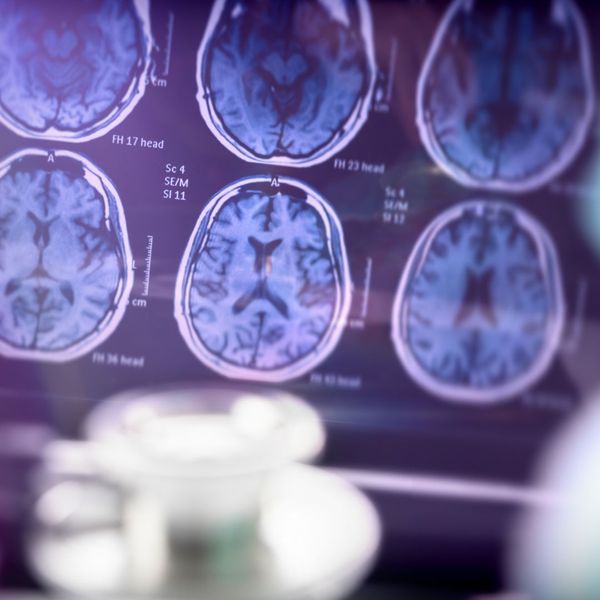How Opioid Abuse Contributes to Neurological Disorders
The opioid epidemic has had devastating consequences on individuals and communities across the country. In addition to the well-known risks of addiction and overdose, opioid abuse has been found to contribute to various neurological disorders. At Circle of Life Alzheimer's Homes, we aim to raise awareness about the link between opioid abuse and these conditions, providing support and care for individuals affected by neurological disorders in Northern Arizona.

The Impact of Opioid Abuse on Brain Function
Opioids act on the central nervous system, binding to specific receptors in the brain, spinal cord, and other organs. Prolonged opioid misuse disrupts the normal functioning of the brain, leading to changes in mood, memory, and cognitive abilities. These alterations can contribute to the development or exacerbation of neurological disorders.

Association with Alzheimer's Disease
Studies have shown that opioid abuse may increase the risk of developing Alzheimer's disease. Chronic opioid use has been linked to inflammation, oxidative stress, and impaired neuronal communication, all of which are contributing factors in the development of Alzheimer's. Furthermore, opioids can interfere with the clearance of amyloid-beta plaques, a hallmark of the disease.

Relationship with Parkinson's Disease
Research suggests that opioid abuse may also play a role in the development of Parkinson's disease. The chronic use of opioids can increase the risk of developing Parkinson's symptoms and accelerate the progression of the disease. Opioids have been found to negatively impact dopamine-producing neurons, leading to motor symptoms characteristic of Parkinson's.

Impact on Mental Health Conditions
Finally, opioid abuse can significantly impact mental health conditions, such as depression and anxiety disorders. These conditions can have secondary effects on the brain, leading to changes in brain structure and function. Not only that, but opioids may also interact with psychiatric medications and hinder their effectiveness, further complicating treatment of co-occurring neurological and mental health disorders.
The impact of opioid abuse on neurological disorders cannot be ignored. At Circle of Life Alzheimer's Homes, we understand the complex nature of these conditions and provide specialized care and support for individuals in Northern Arizona affected by opioid-related neurological disorders. By raising awareness, promoting prevention efforts, and offering private care homes and assisted living services, we strive to enhance the quality of life for those impacted by these devastating consequences of opioid abuse.
